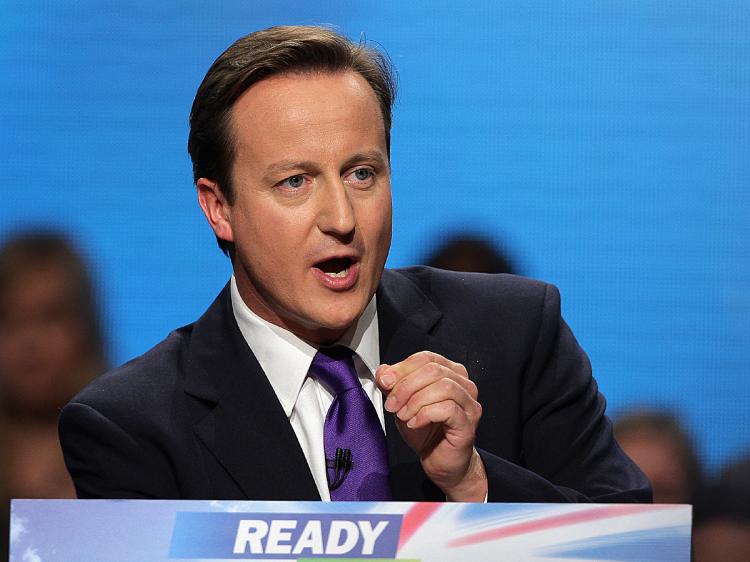British Conservatives Face the Future

Anyone who gets drawn into the attempts to modernize the Republican Party inevitably ends up reading about the experiences of the UK and Canadian conservatives. The Canadian Conservatives went through many years in the wilderness before they eventually secured their current governing majority and the British Conservatives are also actively debating how to modernize their own party.
When an American reads the literature that these debates produce, its impossible not to feel some longing for the discussion that is taking place in other countries.
The FrumForum offices recently received a copy of “Which Way’s Up?”, a policy manifesto by conservative MP Nick Boles. Boles has played a central role in the efforts to modernize Britain’s conservatives. Its clear from reading this book that the topics that they care about are a little different then what conservatives in America are thinking about.
Here is Boles on the 2008 economic crisis:
Until the collapse of Lehman Brothers, it was generally accepted that free markets provided the most efficient way of allocating resources to different economic activities. But firms like Lehman operated in the ultimate free market and ended up destroying themselves, nearly taking the whole capitalist system down with them.
This doesn’t match with the Republican rhetoric which blames the weak economy on the Community Reinvestment Act (CRA) and government subsidized housing, despite the fact that the actual instruments that caused the crisis were unregulated derivatives.
Some Republicans may flinch at the thought of reading any further but they would find that Boles actually has a lot to say about (British) deficit reduction and decentralization. (Decentralization is a particularly important policy in a country where many key decisions are made in London.)
Yet Boles writing is notable for how it is concerned about the plight of Britain’s poorest:
We have observed that the countries with the lowest levels of income inequality and the lowest levels of social problem have strong education system which seem to achieve good results for the vast majority of children and not just an elite few.
Boles not only acknowledges inequality, he relates it to education:
Britain’s education system will help reduce inequality only when we give those at the bottom of the income scale some of the power that those on the top have.
Imagine any Republican politician in America saying: "Yes we have income inequality, and its terrible that our public schools are not up to the task of creating more opportunities for economic mobility. We need to see either higher standards or a more aggressive push for charters and vouchers!"
Instead, the current Republican position is to not support No Child Left Behind because it imposes standards on states. They have also ceded a lot of ground for Charter school advocacy to the left. They also think that the current problem is that teachers are being overpaid.
Boles does not call for solutions that align with the British left, he wants it to be easier to take over failing schools and to make it easier to set up privately funded schools. (At times, his writing reminds me of the arguments made by charter school advocates.)
What’s also important to note about Boles is that his book is a lot more intellectually honest then anything you are likely to read from a American conservative publishing houses. Boles will acknowledge Britain’s inequality but he doesn’t argue that redistributive policies need to be adopted to correct it.
Boles knows that the inequality of outcomes can only be justified if there is equality of opportunity. Paul Ryan claims he supports that, but unfortunately, his speeches argue that America provides an equality of opportunity that doesn’t exist.
Its likely that a truly modernized Republican Party won’t look exactly like the conservatives in the UK or in Canada, but I suspect it might have to be as willing to confront hard truths as conservatives in those countries are.

